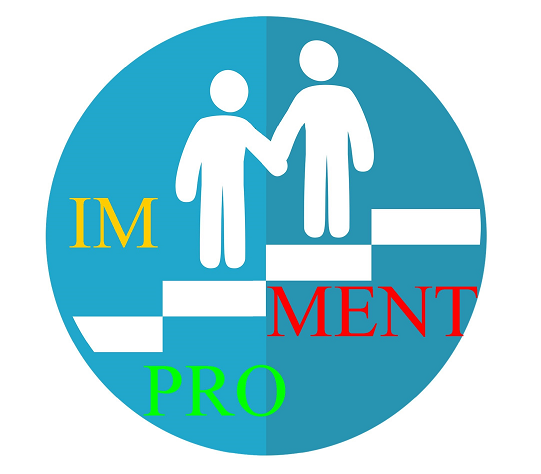PROJECT RESULTS

Distance learning caused by COVID-19 lockdowns was a huge problem for students with Roma origin and low skills. The onset of the pandemic and the shift to remote education that followed has placed unique pressures to these students and also badly impacted their families. Students and parents have often been left to fend for themselves as the teachers’ support services were limited alongside in-person learning. Therefore, their parents felt uncomfortable that their children faced heightened risk of learning loss during periods of remote instruction, which led to decrease of their academic achievements, lack of inclusion and support and potential school drop-out. Education system in Bulgaria has been buffeted by this crisis, and parents are worried, that they cannot find a stopgap solution and in that case this could make their children gravely vulnerable.
Our solution was to set up of peer learning mentoring schemes between advanced students and students with low skills and achievements to prevent potential school drop-out. Therefore, the peer learning mentoring support is a step towards finding a reasonable solution to this issue. In this relationship they are in a safe relationship with their peer mentor, who is one or two years older and passed already through the same school curriculum. However the way how this peer mentor presents the information and clarifies the topic to the student with special educational needs is crucial. The process of course is facilitated by the teachers as mentoring coordinators and this definitely helped the student to success on academic tasks and performance and led to better inclusion between the peers and classmates.
We have developed the following intellectual results:
– Result 1: Model for peer learning mentoring between advanced students and students with learning difficulties and low skills
This handbook is providing modalities, processes and guidance on realisation of a peer mentoring programme at mainstream schools. It includes detailed information and tips for the project team at each school consisting of school principal, head teachers, head of classes and pedagogical counsellors.
– Result 2: Code of conduct for advanced students to act as peer mentors of marginsalised mentees (students)
This guide is designed for advanced students to train them as peer mentors with the support by the interdisciplinary school team. It is made on easy to understand language, that students from 11th and 12th grade at mainstream schools can understand, reflect on it and use it as a guidance material during the realisation of 4 months peer mentoring programe.
– Result 3: Handbook for usage of digital tools in peer support
The handbook provide guidance on realisation of e-mentoring as well as information about possible digital tools, which might be helpful for more intensive and successful elaboration of a peer support. It is meant to the peer mentors at mainstream schools.
– Result 4 Guidance for teachers on peer mentoring realisation during distance learning
This guide provides information to teachers on realisation of peer mentoring scheme during distance learning provision. It is focused on the COVID-19 pandemic and its impact on distance learning and distance peer mentoring realisation. Here, the project team, who is implementing the peer mentoring programme will find guidance and strategies for distance inclusive peer mentoring as well as tips for organizational practices.
For Bulgarian version of the results please go to menu: БЪЛГАРСКИ
